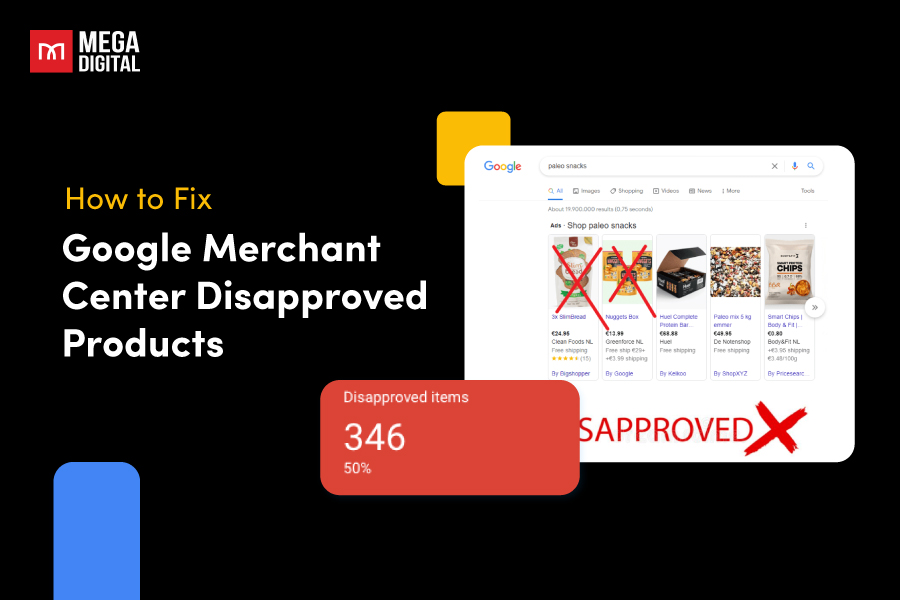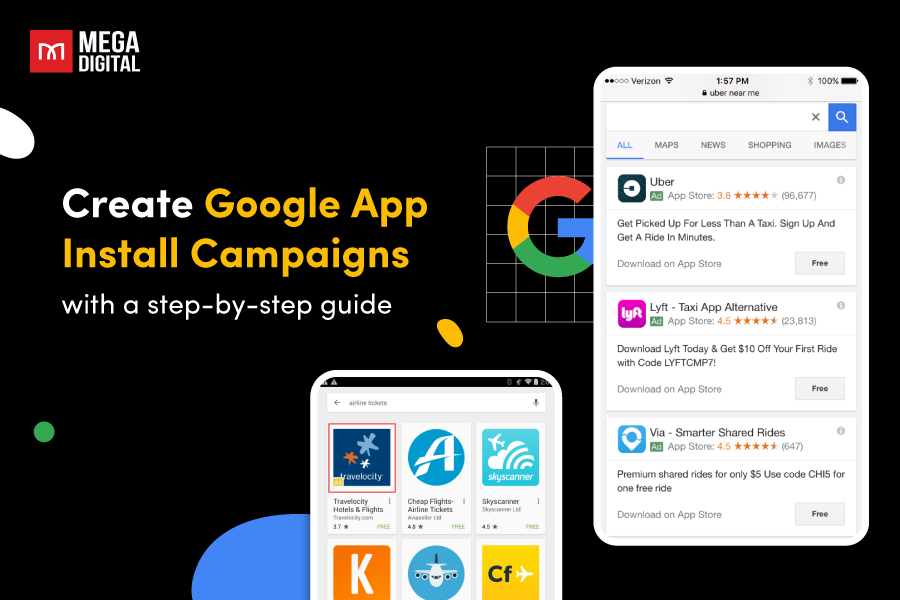Navigating the world of search feed providers can be overwhelming, but choosing the right one is crucial for your search arbitrage strategy. These platforms help websites display relevant ads and search results, effectively monetizing site traffic. In this blog, we’ll highlight the top 5 search feed providers and offer tips on selecting the best one for your needs.
QUICK SUMMARY
- What they are: Search feed providers supply search results/ads you embed on your pages — so you can monetize incoming traffic with higher-intent clicks.
- Top 5 to know: System1, Tonic, Sedo, Ads.com (Bodis), Domain Active — each with distinct strengths in traffic quality, EPC, tooling, and support.
- What’s inside this guide: A side-by-side comparison (UX, monetization potential, quality, analytics, compliance) plus pros/cons and estimated EPC ranges to set expectations.
- How to choose fast: Prioritize traffic relevance & quality, payout/revenue share, customization control (bids/keywords/placements), integration ease, and vendor reputation to match your niche and budget.
What Are Search Feed Providers?
Search feed providers are companies that help websites show search results or ads generated from their platforms. By delivering content that matches what users are looking for, these providers help website owners make money from their site traffic. This not only improves the user experience but also boosts the chances of ad clicks, driving more revenue for the site owners.
5 Best Search Feed Providers for Search Arbitrage
If you are new to search arbitrage and having a hard time determining which search arbitrage companies to choose from, you’ve come to the right place!
Here, I have gathered a list of the top 5 popular search arbitrage feed providers, along with a breakdown of their pros and cons. Let’s delve into it and find out how you can choose the best search feed provider for your campaign.
Disclaimer: The information about the search feed providers in this article was updated in June 2024 and may be subject to change. It is advised that you visit their websites or contact them directly for the most up-to-date details.
System1
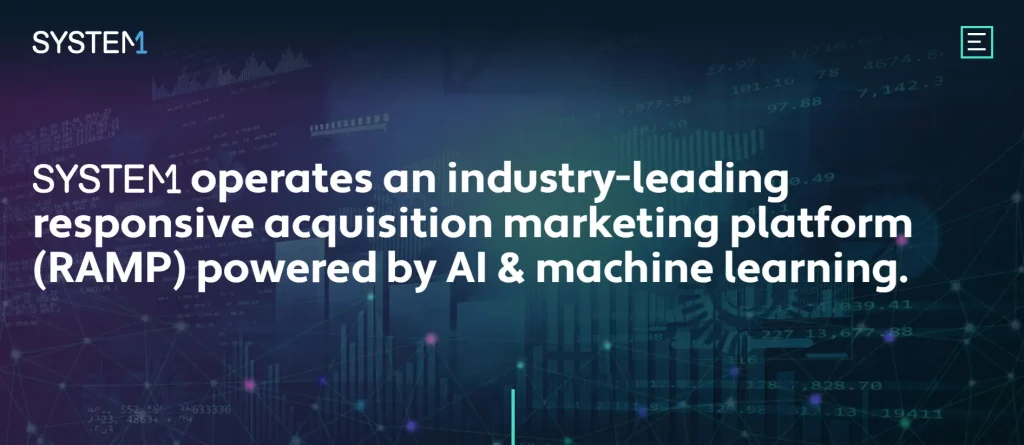
Standing out as a leader in the search arbitrage industry, System1 utilizes sophisticated machine-learning algorithms to optimize web traffic monetization. Its Responsive Acquisition Marketing Platform (RAMP) is particularly noteworthy. It enables traffic acquisition at scale.
Among the feed providers for search arbitrage companies, System1 has built a strong reputation for its precision and efficiency in driving high-quality traffic and maximizing revenue per click (RPC).
- Founded: 2013
- Employees: 201-500
- HQ: United States
- Total website visits (in the past 30 days): 154.7K
- Reach: 120M+ monthly visitors
Pros
- Best For: This search feed provider is ideal for arbitrageurs seeking high-intent users.
- Advanced Machine Learning: System1 uses advanced machine learning algorithms to optimize the monetization of web traffic, ensuring that the traffic is high-quality and well-targeted, which leads to higher conversion rates and revenue per click.
- High Conversion Rates: The platform’s precision targeting ensures that ads are shown to users who are more likely to convert, increasing overall campaign effectiveness.
- User-Friendly Interface: System1 is designed to be intuitive, making it easier for users to navigate and manage their campaigns.
- Excellent Customer Support: Robust customer support helps users troubleshoot issues and optimize their campaigns quickly and efficiently.
Cons
- Higher Cost: The advanced features and high-quality traffic come at a higher cost compared to some competitors.
- Learning Curve: New users might find the platform complex initially due to its advanced features.
- Limited Free Options: System1 does not offer a free trial or freemium version, which makes it harder for users to test the platform before committing.
Estimated Pay Off (EPC): $1.80 – $2.50
Tonic
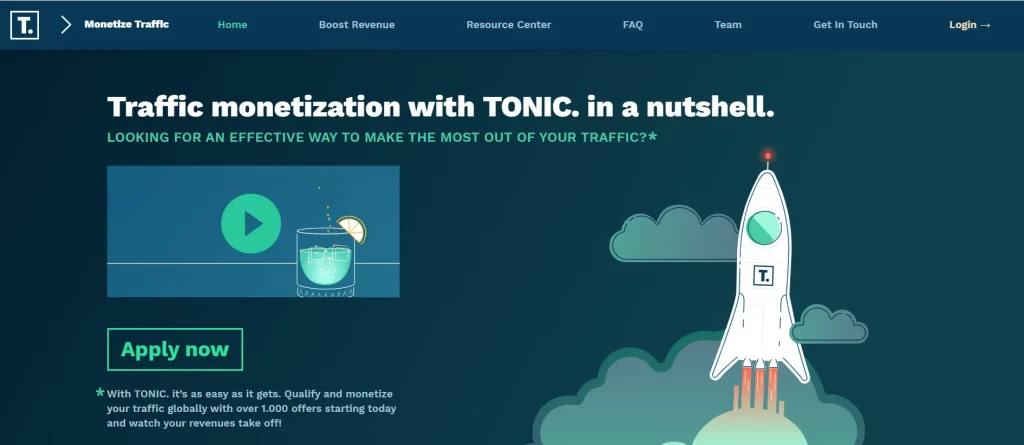
Ranking next to System1 is Tonic, a platform that helps users monetize their traffic globally with access to over 1,000 offers. While specific details on the number of monthly visitors Tonic can reach aren’t explicitly mentioned on their site, their extensive global traffic opportunities suggest significant potential.
They emphasize high conversion rates by double-checking user interest and ensuring traffic quality. Various traffic types are supported with Tonic, including native, social, search, display, and direct website traffic, making it a versatile tool for various arbitrage strategies.
- Founded: Undisclosed
- Employees: 11-50
- HQ: Germany
- Total website visits (in the past 30 days): 58.8K
- Reach: Undisclosed
Pros
- Best For: Tonic is best suited for marketers looking for affordable and diverse traffic sources, particularly those new to search arbitrage.
- Diverse Traffic Sources: Tonic supports various traffic types, including native, social, search, display, and direct website traffic, allowing marketers to experiment with different strategies.
- Competitive Pricing: More affordable than many competitors, Tonic’s pricing models make it accessible for smaller budgets.
- Ease of Use: The platform is straightforward and user-friendly, enabling quick setup and management of campaigns.
- Decent Conversion Rates: Emphasizes high conversion rates by double-checking user interest and ensuring traffic quality.
Cons
- Variable Traffic Quality: The quality of traffic can vary, requiring careful monitoring and optimization to ensure effective results.
- Limited Advanced Features: While user-friendly, it may lack some of the advanced features of more expensive providers.
- Support and Resources: The level of customer support and available resources might not be as robust as those offered by leading competitors.
Estimated Pay Off (EPC): $0.90 – $1.50
Sedo
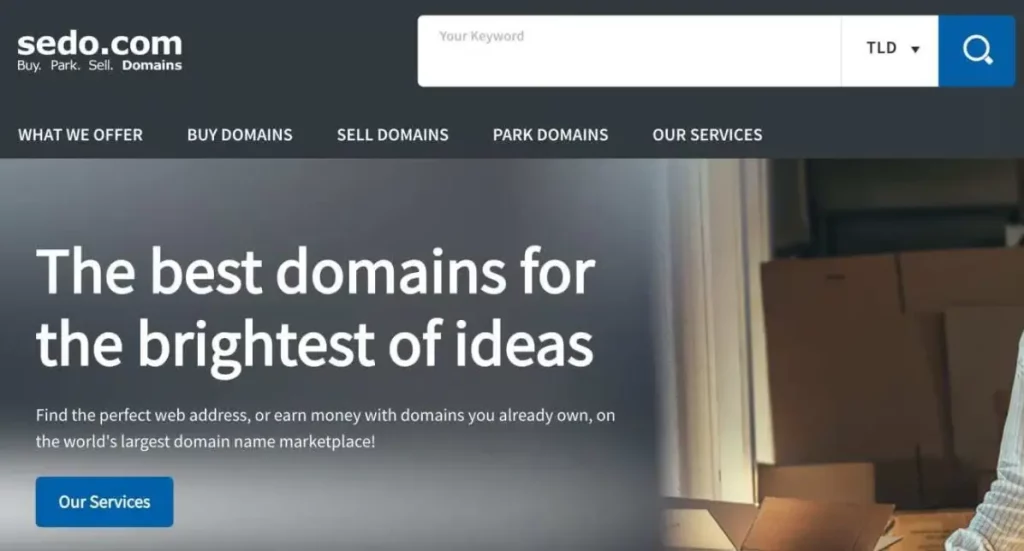
Though having operated for longer than Tonic and System1, Sedo is more well-known in the domain industry. However, it has extended its expertise to search arbitrage. With an extensive marketplace and effective monetization solutions, this search feed provider is a valuable resource for search arbitrageurs looking to maximize their ROI.
Whether you are looking to monetize unused domains or buy and sell valuable domain names, Sedo provides the tools and resources needed to succeed in the competitive world of search arbitrage.
- Founded: 1999
- Employees: 51-200
- HQ: Cologne, Boston
- Total website visits (in the past 30 days): 2.2M
- Reach: Millions of users globally
Pros
- Best For: Sedo is best for arbitrageurs seeking high-quality, niche traffic and those involved in domain investments.
- Extensive Domain Marketplace: One of the largest and most active domain marketplaces globally, providing a wide range of domains.
- High-Quality Traffic: Sedo focuses on niche and targeted domain traffic, ensuring higher conversion rates.
- Comprehensive Analytics: Offers detailed analytics to help optimize campaigns and track performance metrics.
- Established Reputation: Sedo is a trusted name in the domain industry, providing assurance of reliability and quality.
Cons
- Higher Cost: Premium traffic and services often come at a higher price, which might not be suitable for all budgets.
- Rather Complex Interface: The platform can be complex for new users, requiring a learning curve to navigate its extensive features and tools effectively.
- Brokerage Fees: Sedo’s brokerage services, while professional, involve additional fees that can cut into overall profitability.
Estimated Pay Off (EPC): $1.20 – $2.00
Ads.com (Previously Bodis)
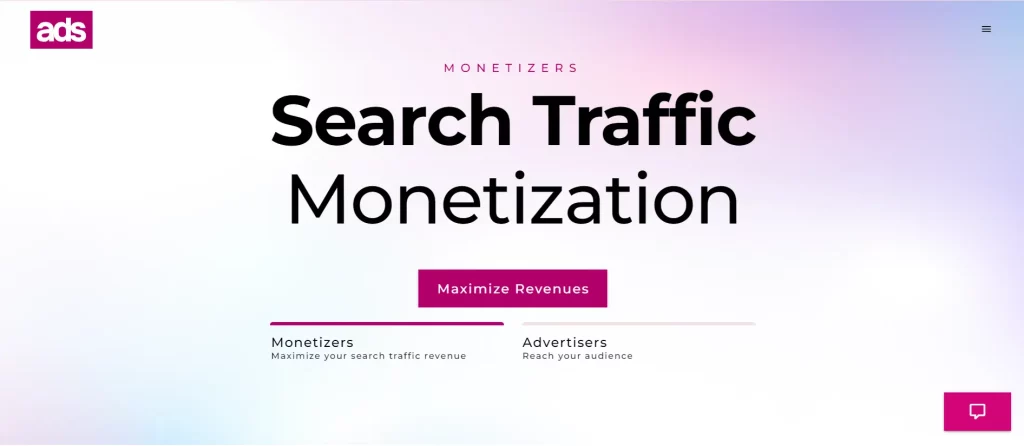
Ads.com, previously known as Bodis, is a versatile platform offering a range of monetization solutions. It’s particularly well-regarded for its user-friendly interface, reliable customer support, and effective traffic monetization strategies.
- Founded: 2007 (Bodis)
- Employees: 11-50
- HQ: Undisclosed
- Total website visits (in the past 30 days): 104.7K
- Reach: Millions of unique users
Pros
- Best For: Ads.com is ideal for arbitrageurs looking for a versatile and easy-to-integrate solution for their traffic monetization needs.
- Easy Integration: Simple integration with existing systems via API, S2S (server-to-server), and tracking pixel integrations.
- User-Friendly Interface: Designed to be accessible and easy to use.
- Near Real-Time Reporting: The reporting system is updated every 15 minutes, allowing for educated campaign management based upon performance.
- Responsive Account Support: Account management that allows for efficient and effective cooperation.
Cons
- Variable Traffic Quality: Similar to Tonic, the quality of traffic can vary, which necessitates careful management to maintain high conversion rates.
- Moderate Pricing: While not the cheapest option, Ads.com offers good value, but this might still be a consideration for those with tighter budgets.
Estimated Pay Off (EPC): $1.00 – $1.80
Domain Active
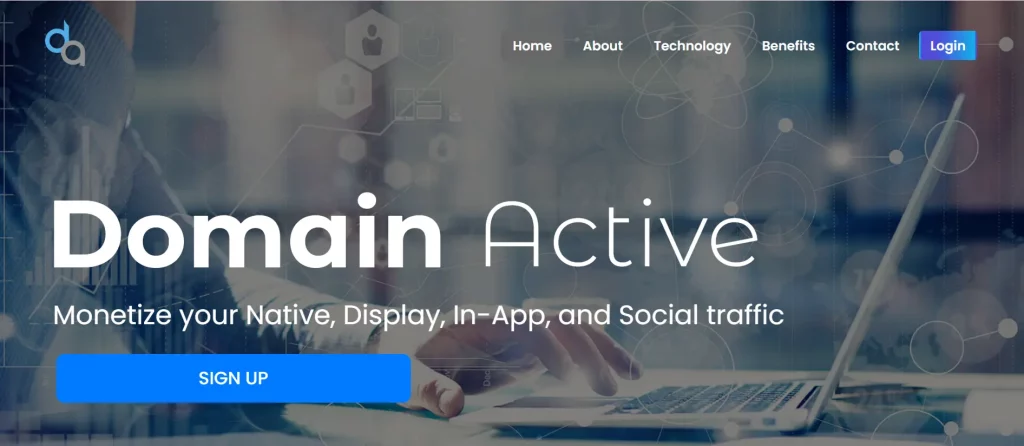
Domain Active, a specialized provider focusing on high-quality domain traffic, works with the top advertisers and networks within the digital media industry. Arbitrageurs can utilize its platform and full suite of optimization solutions to monetize their websites, traffic and domain portfolios.
- Founded: Undisclosed
- Employees: 11-50
- HQ: Undisclosed
- Total website visits (in the past 30 days): 1.7M
- Reach: 100+ million monthly visitors
Pros
- Best For: Domain Active is best for marketers and domain investors looking for high-quality, premium traffic.
- High-Quality Traffic: Focuses on premium domain traffic, with close monitoring on traffic and the quality of it to ensure both the user and advertiser have the best experience and results possible.
- Effective Monetization: Powers the monetization for the largest Native, Search, Social and Display networks in the industry.
- Detailed Reporting: Offers comprehensive analytics and reporting tools.
Cons
- Higher Cost: Premium services come at a higher price, which might not be suitable for all types of traffic or smaller budgets.
- Niche Focus: The platform’s focus on premium domain traffic might not be suitable for all types of traffic, limiting its versatility.
- Limited Brand Recognition: Compared to more established platforms like Sedo, Domain Active might not have the same level of brand recognition and trust.
Estimated Pay Off (EPC): $1.40 – $2.50
>>> Video Summary: Top 5 Search Feed Providers To Start Your Search Arbitrage Campaigns
A Quick Comparison of the Top Search Arbitrage Feed Providers
Below is a table summarizing all the details you need to compare the most reliable search feed providers for your search arbitrage campaign.
User Experience
| User Experience | System1 | Tonic | Sedo | Ads.com | Domain Active |
| User-Friendliness of the Interface | Very intuitive, minimal learning curve | Requires some familiarization | Generally straightforward, requires minimal learning | Simple and direct | Easy to navigate |
| Customization Options | Extensive, highly detailed options | Advanced, multiple layers of customization | Sufficient for most needs, specific to domains | Basic, sufficient for standard use | Versatile, meets varied needs |
| Integration Complexity | Quick and easy to integrate | Moderate, needs some setup effort | Complex, best for experienced users | Standard, typical setup process | Manageable, straightforward |
| Support and Documentation | Highly comprehensive, detailed guides | Responsive, helpful documentation | Adequate, user guides available | Good support, useful resources | Thorough, well-documented |
| Overall User Experience | Highly user-friendly, well-reviewed | Positive feedback, reliable performance | Well-regarded by domain owners | Balanced, satisfactory for most users | Consistently good, reliable |
Monetization Potential
| Monetization Potential | System1 | Tonic | Sedo | Ads.com | Domain Active |
| Average Cost Per Click (CPC) | $1.50 – $3.00 | $0.75 – $2.00 | $1.00 – $2.50 | $0.80 – $2.20 | $1.20 – $2.80 |
| Estimate Pay Off (EPC) | $1.80 – $2.50 | $0.90 – $1.50 | $1.20 – $2.00 | $1.00 – $1.80 | $1.40 – $2.50 |
| Average Conversion Rate | 8% – 12% | 6% – 10% | 7% – 11% | 5% – 9% | 7% – 10% |
| Payout Frequency | Monthly | Monthly | Monthly | Monthly | Monthly |
| Minimum Payout Threshold | $100 | $50 | $100 | $50 | $100 |
Quality
| Quality | System1 | Tonic | Sedo | Ads.com | Domain Active |
| Ad Relevance | Uses advanced AI algorithms for highly targeted ads, ensuring maximum relevance | Utilizes geo-demographic targeting for fairly targeted ads | High precision targeting based on user behavior and domain relevance | Contextually matched ads that ensure decent relevance | Uses keyword-based targeting for moderate relevance |
| Ad Diversity | Extensive variety, including text, display, and native ads | Moderate variety focusing on text and display ads | Moderate variety with a focus on text and banner ads | Wide variety including video, native, and display ads | Moderate variety, primarily text and display ads |
| Ad Accuracy | Highly accurate, leveraging big data for precise ad delivery | Moderately accurate, suitable for broad targeting | High accuracy due to advanced algorithms and user data | Moderately accurate, suitable for general targeting | Moderately accurate, sufficient for basic targeting needs |
| Ad Load Time | Very fast, typically under 1 second | Moderate to fast, generally 1-2 seconds | Fast, usually under 1 second | Fast, typically under 1 second | Moderate, around 2 seconds |
Traffic Volume and Quality
| Traffic Volume and Quality | System1 | Tonic | Sedo | Ads.com | Domain Active |
| Traffic Volume | High, millions of impressions daily | Moderate to high, thousands to millions | High, ideal for domain traffic | High, supporting large campaigns | Moderate, suitable for standard campaigns |
| Traffic Quality | Premium, high engagement rates | Good, decent engagement | Premium, high relevance and engagement | High, good user interaction | Fairly good, reliable traffic |
Compliance and Reputation
| System1 | Tonic | Sedo | Ads.com | Domain Active | |
| Compliance with Policies | Fully compliant with advertising and data privacy regulations | Compliant with necessary regulations | Fully compliant with regulations | Compliant with regulations | Compliant with regulations |
| Reputation | Strong | Good | Excellent | Good | Good |
Analytics and Reporting
| Analytics and Reporting Criteria | System1 | Tonic | Sedo | Ads.com | Domain Active |
| Real-Time Analytics | Available with detailed, real-time user behavior tracking and performance metrics | Available with comprehensive real-time click and conversion tracking | Available with high granularity and immediate performance feedback | Available with real-time data integration and reporting | Available with standard real-time analytics |
| Detailed Reporting | Available with advanced segmentation, custom reports, and deep insights into traffic sources and user interactions | Sufficient for basic campaign performance tracking with standard metrics and reports | Available with in-depth analysis of domain-specific traffic and user engagement | Available with comprehensive reports, including performance breakdowns and trend analysis | Sufficient for basic performance tracking and overall campaign metrics |
Each of these search feed providers offers unique advantages for search arbitrage. By understanding their strengths, you can choose the best provider to optimize your search arbitrage campaigns.
How to Choose the Best Search Feed Provider for You?
Selecting the right search feed provider is crucial for the success of your search arbitrage campaign. To make an informed decision, focus on these essential criteria:
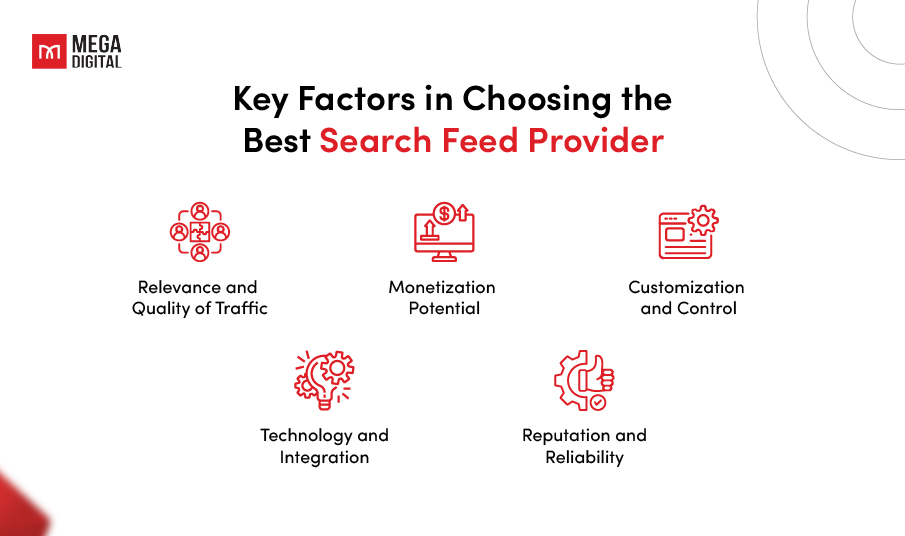
Relevance and Quality of Traffic
- Relevance: Ensure the provider delivers highly relevant search feeds that align with your target audience’s interests and needs. This increases the likelihood of user engagement and conversions.
- Quality: Evaluate the quality of traffic based on user engagement metrics such as click-through rates (CTR), bounce rates, and conversion rates. High-quality traffic is more likely to convert and generate revenue.
Monetization Potential
- Revenue Share: Look for providers offering favorable revenue share models. This can significantly impact your earnings, as a higher share means more profit for your efforts.
- Payout Rates: Compare payout rates for different keywords and niches. Higher payout rates for relevant keywords can enhance your earnings potential.
Customization and Control
- Customization Options: Ensure the provider offers robust customization options for targeting and optimizing performance. This includes the ability to select specific keywords, adjust bids, and tailor ad placements.
- Control: Check if the provider allows control over ad placements and bid management. Having control ensures that you can optimize your campaigns for maximum efficiency and effectiveness.
Technology and Integration
- Integration Ease: Choose a provider that integrates seamlessly with your existing systems. Easy integration minimizes setup time and reduces the likelihood of technical issues.
- Advanced Features: Look for advanced features such as real-time bidding (RTB), sophisticated targeting options, and comprehensive analytics. These features can help you fine-tune your campaigns and improve performance.
Reputation and Reliability
- Reputation: Research the provider’s reputation in the industry. Look for reviews, testimonials, and case studies to gauge their reliability and effectiveness.
- Reliability: Ensure the provider has a track record of consistent uptime and reliable service. Downtime can negatively impact your campaigns and revenue.
>>> Read more: What is Search Feed Arbitrage? How to Monetize It in 2026?
Final Take
Choosing the right search feed provider to incorporate into your arbitrage campaign can significantly increase your chances of success. By evaluating key factors such as monetization potential, traffic quality, ease of integration, and user support, you can select a provider that best aligns with your goals and needs.







